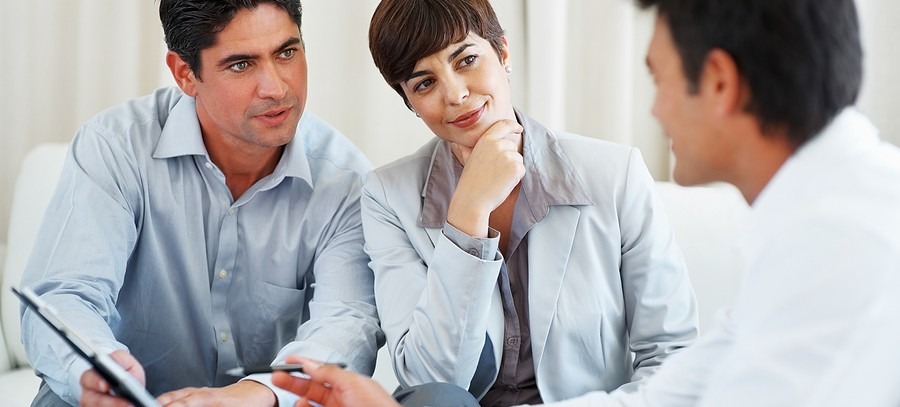Cancer is a powerful illness that doesn’t just affect the person diagnosed. It can have a serious impact on friends and families of those suffering. If someone you love has been recently diagnosed or is currently receiving treatment, you’ll likely worry about coping with your own fears. You may wonder how you can encourage or help your loved one as well. The following questions are common concerns that you may have as part of the support system.
How Does Cancer Affect the Family?
When a family member is diagnosed with cancer, it creates a domino effect of mental and physical strain. Everyone involved feels some pressure. As you face your own vulnerabilities, you may not know how to react or what to say. You’ll probably have trouble understanding your own distress as well. This can create unnecessary tension. A diagnosis may put stress on the closest relationships, but you can strengthen your family bonds by working together as a unit.
Cancer changes lives, and the effects last long after it has been treated. It is chronic and seems never-ending, and the treatment schedules are often frequent, extensive and expensive. Concerns regarding recurrence may put a dark cloud over the entire family as well. Because cancer digs deep into the psyche, it’s important to validate each other’s feelings. If you prepare yourself for the long haul, you’ll be better equipped to handle things as time goes by.
Are Family Members at Risk of Getting Cancer?
Although certain forms of this disease may be hereditary, this doesn’t mean you’ll develop cancer just because a loved one has it. Parents, children, siblings and extended family members may simply have risk factors in common. Families can also share abnormal genes that can lead to cancer. An increased risk just means you should be aware of the possibilities and watch for symptoms.
If you do develop symptoms or notice any changes in your health that concern you, it’s probably a good idea to get some tests done. You should also trust your own instincts and contact your physician if anything questionable takes place with your health. Early detection can make a big difference in many cases. You don’t need to panic, but it’s always best to be cautious. You can be checked out without raising any red flags to the rest of the family.
Will Moral Support Help?
One of the greatest gifts you can do for a loved one with cancer is to be available emotionally. The best way to start is by acknowledging the difficulties he or she faces. If the days and weeks ahead seem unbearable, explain that it’s perfectly fine to just deal with life minute by minute. This turns each passing day into a small victory. It makes the future seem less intimidating as well. You can also suggest complementary therapies such as meditation or yoga for stress relief.
Offer physical assistance with day-to-day tasks such as cooking meals, doing housework, driving to appointments or babysitting. This can make a profound difference on your loved one’s mental health. It is also a good coping mechanism for you, particularly if you’re feeling helpless and just want to fix everything. Let your friend or family member know you’re there to make things easier. Ask how you can help, but be prepared to give some space if it’s needed.
Is It Possible to Contribute to the Recovery of a Loved One?
People suffering from cancer and dealing with treatment are often too fatigued, sick or emotionally distressed to research recovery options. This is where you can make a big impact. In addition to the traditional chemotherapy and radiation treatments, there are many other options for managing cancer. You can explore what’s out there and share your findings with the patient.
It’s essential to consider complementary and alternative treatments because they deal with the mind, body, and spirit. From acupuncture to healthy diet plans, these therapies provide a different level of support to the cancer patient. Because your loved one will have so many other aspects to consider during recovery, it may be up to you to recommend an unconventional approach. Gather as much information as possible before you make the suggestion.
When a friend or family member has cancer, it’s easy to become overwhelmed by the unknown. This disease is multifaceted, and every case is unique. If you have a seemingly endless list of questions, it’s best to deal with them one by one. You don’t have to be an instant savior. Be as compassionate and patient with yourself as you are with your loved one. You’re on the journey together, and you can overcome the challenges as a team.







